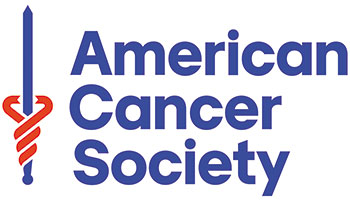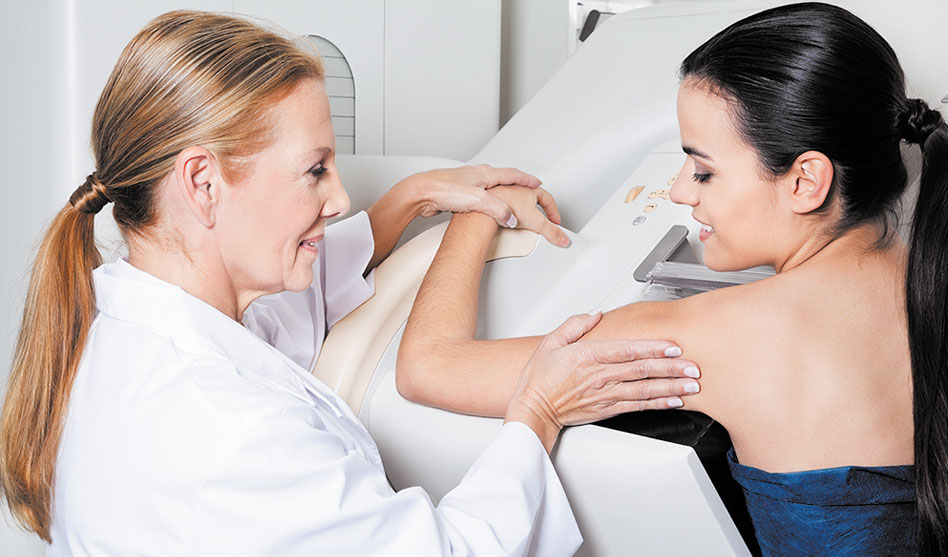Lesbians and bisexual women with excess weight are at higher risk for 12 different cancers, including breast cancer.
American Cancer Society report dedicates special section to LGBTQ health for the first time
DANA PICCOLI
NewsIsOut@localmedia.org
The American Cancer Society recently released its 2024 Cancer Facts and Figures report which, for the first time, includes a special section dedicated to the LGBTQ community. The new section addresses risk factors, comorbidities and unique challenges faced in receiving preventative care and additional stresses experienced by the community.
According to the report, one in six queer-identifying patients has avoided essential preventative care due to poor past experiences and discrimination. The number is one in five for transgender individuals.
Due to this, the report says, “LGBTQ+ individuals with cancer experience disparate outcomes across the cancer continuum, including prevention, screening and early detection, diagnosis, treatment and palliative care.”
The report shows that around 40 percent of cancers are caused by issues that can be modified by the individual patient, such as tobacco and alcohol use, excessive weight and diet. However, many members of the LGBTQ community experience “minority stress,” which can elevate risk factors.
 Coined in 2003, the term “minority stress” is the discrepancy and conflict that arises between the values of a historically minoritized group and the dominant culture or society.”
Coined in 2003, the term “minority stress” is the discrepancy and conflict that arises between the values of a historically minoritized group and the dominant culture or society.”
Further research has shown that “individuals who experience greater minority stress are more likely to express gene mutations that are functionally related to cancer, and to have chronic side effects of cancer treatment.” In other words, homophobia, transphobia, and racism all have a tangible effect on the body and how we deal with cancer.
Here are some additional insights from the report:
• Lesbians and bisexual women with excess weight (greater than 25 BMI according to the study) are at higher risk for 12 different cancers, including breast, uterine and pancreatic.
• Excessive alcohol use, which can increase the risks of esophageal, colorectal and oral cancers, is highest among bisexual women; 14 percent of bisexual women in the study reported consuming more than seven drinks a week, double the number of their lesbian and straight peers.
• Gay men are more likely to seek preventative care for colorectal cancer, with 67 percent getting screened versus 58 percent of their heterosexual peers.
• More LGBTQ people now have access to preventable health care and cancer screening than a decade ago, thanks to increased health care access across the board.
• Transgender men were about 30 percent less likely to have lower cervical cancer screenings than their cisgender peers, elevating their risks for cervical cancer.
• Only 40 percent of polled health care professionals working in National Cancer Institute care centers said they “were confident in their knowledge of health needs for lesbian, gay or bisexual individuals, while only 20 percent were confident in their knowledge of the health needs of transgender individuals.”
In addition to LGBTQ disparities, the report tackles intersectional issues, including socioeconomic, racial and ethnic disparities in cancer treatment and mortality rates.
For example, Black men are 19 percent more likely to die from cancer than their white peers. When it comes to prostate cancer, the rate is double that of white peers. Black women are 40 percent more likely to die from breast cancer than their white peers.
To learn more about the study and what the American Cancer Society is doing to address the disparities in LGBTQ cancer care and prevention, check out the complete study at Cancer.org.
Dana Piccolo is editor of News is Out, a pioneering national collaborative of the leading local queer news publishers comprising six of the leading local and queer-owned LGBTQ publishers across the nation, including Dallas Voice.

